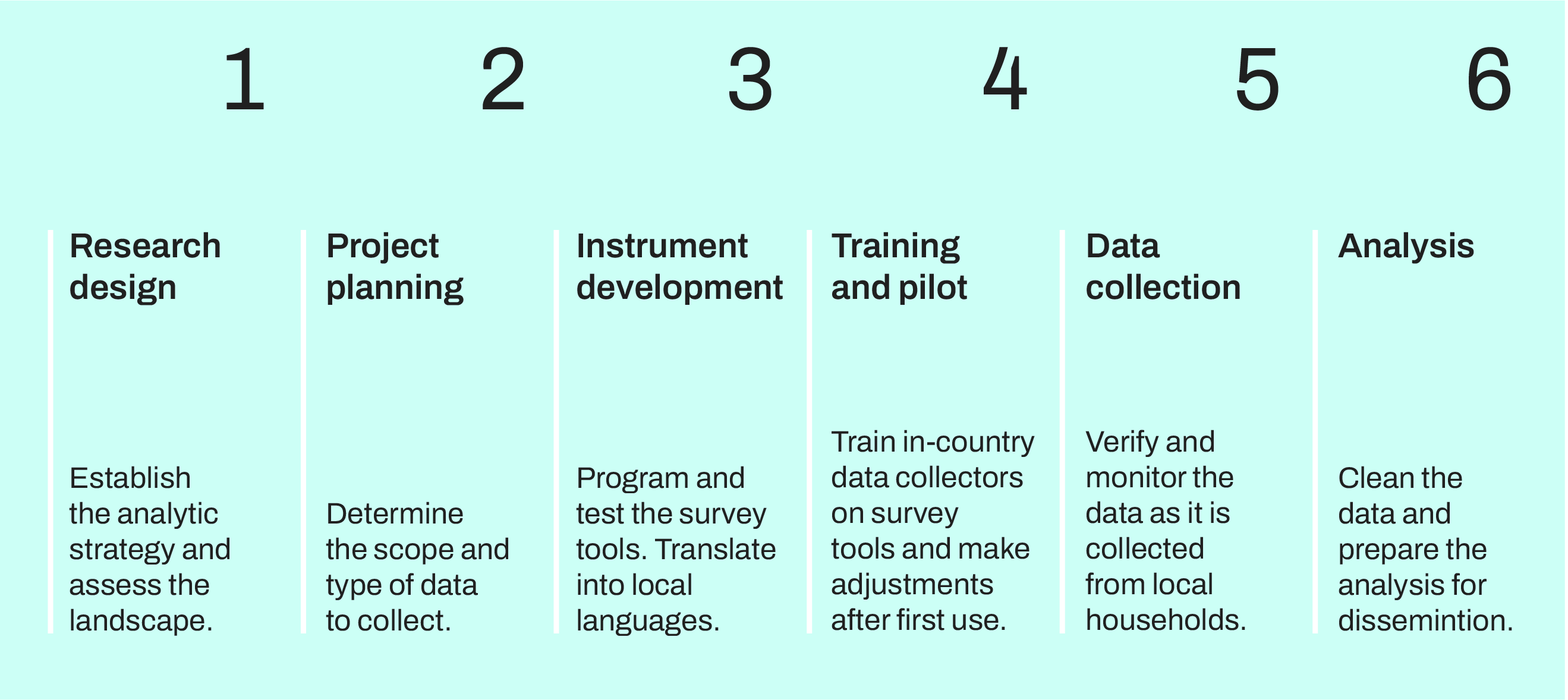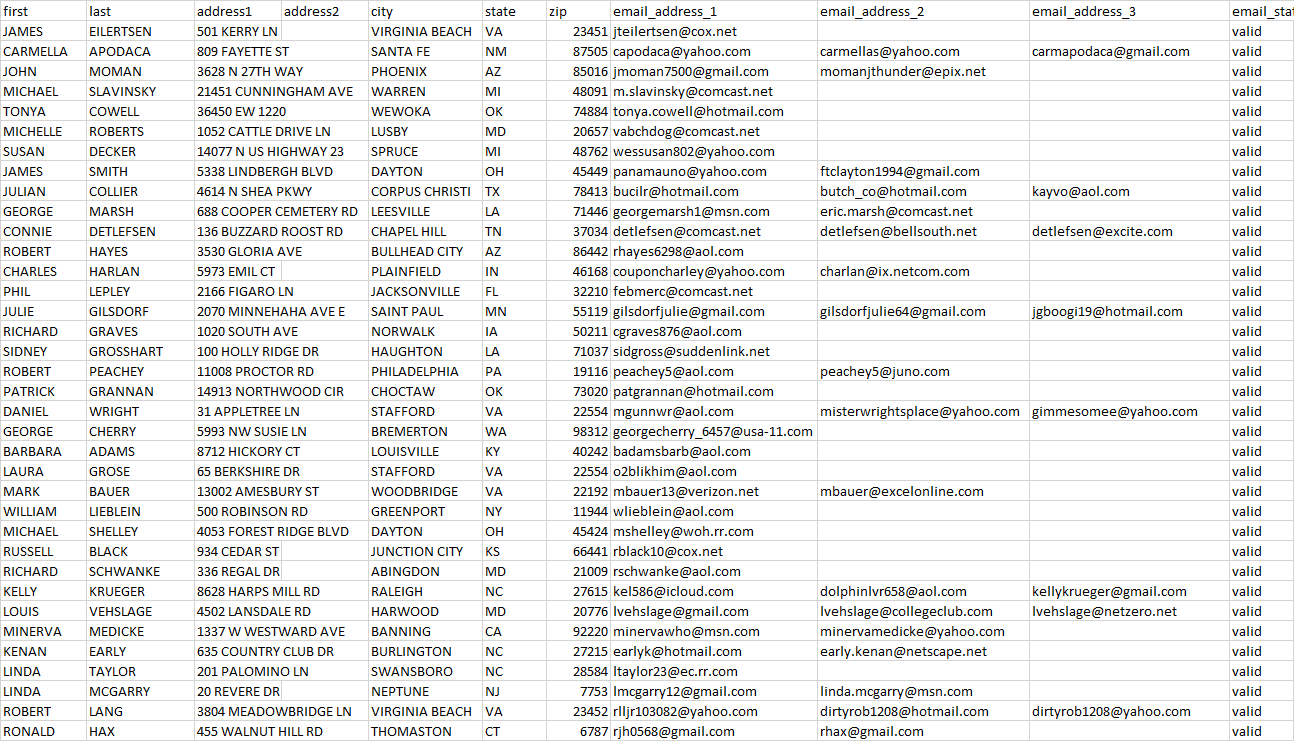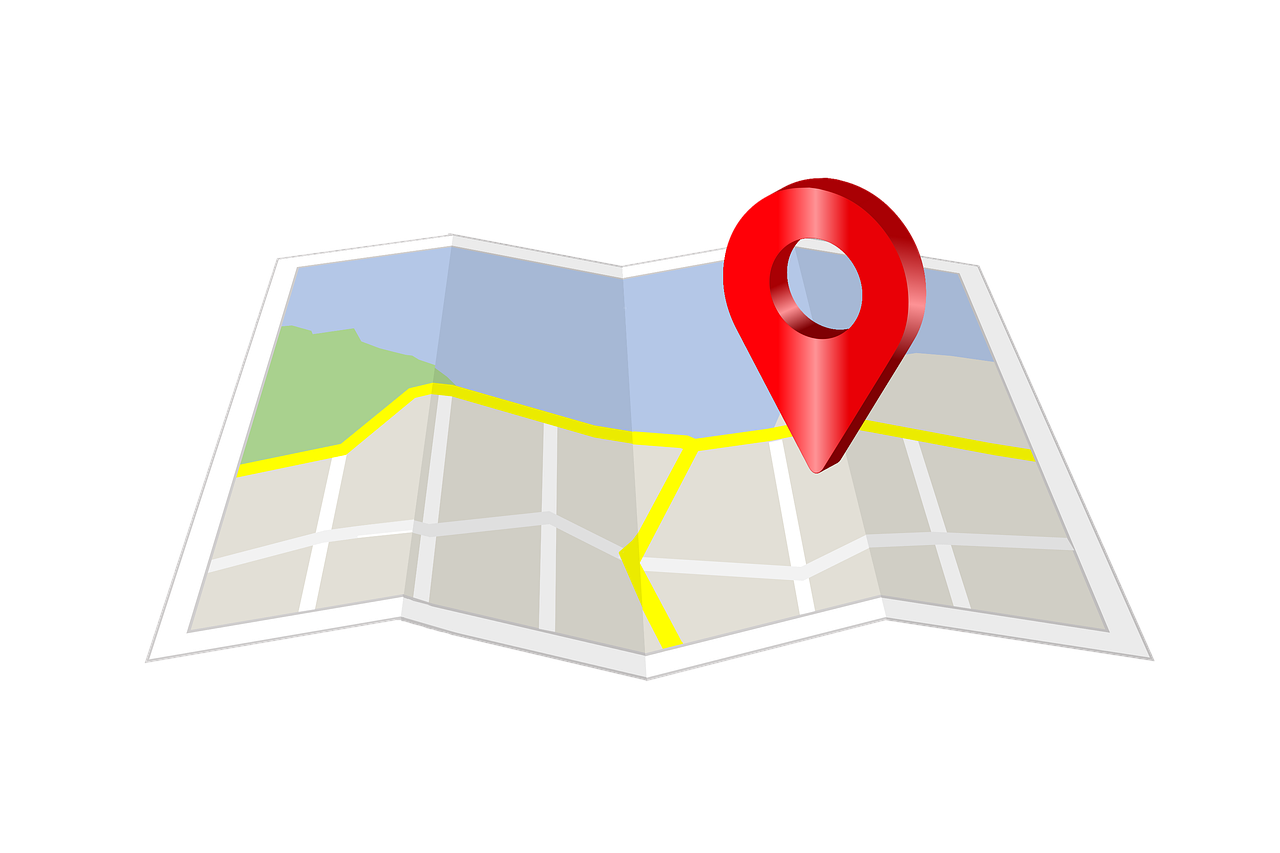Listcrawler Charlotte: Imagine a digital spider, meticulously weaving its way through the online landscape of Charlotte, North Carolina, collecting data from countless websites. This isn’t science fiction; it’s the reality of listcrawling, a practice with both immense potential and significant ethical and legal implications. This exploration delves into the world of listcrawling in Charlotte, examining its technical intricacies, legal boundaries, and the profound impact it has on businesses and individuals alike.
We’ll uncover the methods employed, the potential pitfalls, and the strategies for navigating this complex digital terrain.
From the seemingly innocuous act of scraping email addresses to the more sophisticated extraction of sensitive business information, listcrawling presents a multifaceted challenge. We’ll dissect the technical processes involved, comparing and contrasting various techniques, and highlighting the ethical considerations that must guide any such endeavor. The legal landscape surrounding data collection in North Carolina will be examined, providing a clear understanding of potential liabilities and best practices for compliance.
Ultimately, we aim to empower readers with the knowledge needed to understand, utilize, and protect themselves within this increasingly data-driven world.
Understanding “Listcrawler Charlotte”
The term “Listcrawler Charlotte” evokes a picture of automated data extraction targeting online lists specifically within the Charlotte, North Carolina area. “Listcrawler” itself refers to a program or script designed to systematically harvest data from online lists, such as business directories, real estate listings, or even social media group member lists. The addition of “Charlotte” geographically limits the scope of this data harvesting activity.
Possible Interpretations of “Listcrawler” and its Relation to Charlotte, NC
The term implies the use of automated tools to collect data from various online sources located within or relevant to Charlotte. This could range from scraping publicly available business listings on Yelp or Google My Business to more targeted extraction from niche websites specific to Charlotte’s industries, like a local real estate platform.
Examples of Scenarios Where This Term Might Be Used
Several scenarios illustrate the use of “Listcrawler Charlotte”: A marketing firm might use a listcrawler to gather contact information for businesses in a specific Charlotte neighborhood for a targeted advertising campaign. A real estate agent could employ it to identify properties matching particular criteria (e.g., price range, location). Conversely, a malicious actor could use it to collect sensitive personal data, violating privacy laws.
Hypothetical User Story Involving “Listcrawler Charlotte”
Sarah, a small business owner in Charlotte, wants to expand her marketing reach. She hires a digital marketing agency that uses a “Listcrawler Charlotte” tool to identify potential customers from local online business directories. The agency filters the data, focusing on businesses within a specific radius and industry, allowing Sarah to target her marketing efforts effectively and ethically.
Technical Aspects of Listcrawling: Listcrawler Charlotte
Listcrawling leverages various techniques to extract data. Understanding these methods is crucial for both ethical use and defense against malicious scraping.
Technical Processes Involved in Listcrawling
Listcrawling typically involves web scraping techniques. This often includes using programming languages like Python with libraries such as Beautiful Soup and Scrapy to parse HTML or XML data from websites. The process begins with identifying target websites, then navigating to specific pages containing lists, extracting relevant data, and finally storing the collected information in a structured format (e.g., CSV, database).
Common Methods Used for Extracting Data from Online Lists, Listcrawler charlotte
Common methods include using HTTP requests to fetch webpage content, employing regular expressions or XPath to locate and extract specific data points within the HTML, and handling pagination to traverse multiple pages of a list. Advanced techniques might involve mimicking browser behavior to bypass anti-scraping measures.
Ethical Considerations of Listcrawling
Ethical listcrawling respects website terms of service, avoids overloading servers, and refrains from collecting sensitive or personally identifiable information without consent. Transparency is key; informing websites about data collection practices is a crucial ethical step.
Comparison of Different Listcrawling Techniques
Techniques vary in sophistication and capabilities. Simple scripts might suffice for basic data extraction from easily accessible lists, while advanced methods, employing techniques like rotating proxies and user-agent spoofing, are necessary to overcome anti-scraping defenses on more complex websites.
Legal Implications of Listcrawling in Charlotte

The legal landscape surrounding data scraping is complex. Understanding relevant laws is crucial to avoid legal repercussions.
Potential Legal Ramifications of Listcrawling in Charlotte, NC
Listcrawling in Charlotte is subject to both federal and state laws. Violations can lead to significant penalties, including fines and legal action. Key concerns include copyright infringement, violations of terms of service, and potential breaches of privacy laws if personally identifiable information (PII) is collected without consent.
Relevant Laws and Regulations
Applicable laws include the Computer Fraud and Abuse Act (CFAA), the Digital Millennium Copyright Act (DMCA), and various state-level privacy laws. Specific regulations vary depending on the type of data collected and the intended use.
Potential Legal Consequences for Individuals or Businesses Engaging in Listcrawling
Consequences range from cease-and-desist letters and lawsuits to hefty fines and criminal charges, depending on the severity of the violation and the intent behind the activity.
Hypothetical Legal Case Scenario Involving Listcrawling in Charlotte
A hypothetical case might involve a business that scrapes competitor’s customer data from a publicly accessible website, violating terms of service and potentially privacy laws.
| Element | Description |
|---|---|
| Defendant | “ABC Company,” a Charlotte-based business |
| Action | Scraped customer data from a competitor’s website, violating terms of service and potentially privacy laws. |
| Outcome | “ABC Company” faces a lawsuit, potentially resulting in significant fines and reputational damage. |
Impact on Businesses in Charlotte
Listcrawling can have both positive and negative consequences for businesses in Charlotte.
Potential Positive and Negative Impacts of Listcrawling on Businesses

Ethical listcrawling can provide valuable market research data and assist in targeted marketing. However, malicious scraping can lead to data breaches, reputational damage, and financial losses.
Check best soft wash pumpcraigslist western ky personal to inspect complete evaluations and testimonials from users.
How Businesses Might Use Listcrawling for Their Advantage (Ethically)
Businesses can leverage listcrawling ethically to gather market intelligence, identify potential customers, and monitor competitor activity, all while adhering to legal and ethical guidelines.
Examples of How Businesses Might Be Negatively Affected by Listcrawling
Malicious scraping can result in stolen customer data, disruption of services, and increased server load, potentially leading to financial losses and reputational damage.
How Businesses Can Protect Themselves from Malicious Listcrawling Activities
Implementing robust security measures, such as robots.txt files, rate limiting, and CAPTCHAs, can deter malicious scraping. Regular monitoring for suspicious activity is also essential.
Illustrative Examples
Concrete examples highlight both the beneficial and detrimental aspects of listcrawling.
Hypothetical Situation Where Listcrawling is Used for Beneficial Purposes in Charlotte
A local non-profit uses a listcrawler to ethically collect publicly available data on local businesses to identify potential donors for a fundraising campaign. This allows them to target their outreach effectively and efficiently.
Scenario Illustrating the Negative Consequences of Listcrawling
A competitor uses a listcrawler to steal a Charlotte-based company’s customer database.
- Loss of sensitive customer information
- Reputational damage and loss of customer trust
- Financial losses due to decreased sales and legal fees
- Potential legal action for data breach and violation of privacy laws
Text-Based Visual Representation of the Flow of Information in a Listcrawling Process
The process can be visualized as a flow: Target Website (e.g., Charlotte business directory) –> Listcrawler Script (Python with Scrapy) –> HTTP Request –> Webpage HTML –> Data Extraction (XPath/Regular Expressions) –> Data Cleaning & Formatting –> Structured Data (CSV/Database).
Listcrawling in Charlotte, like a double-edged sword, offers immense potential for both good and ill. While businesses can leverage ethical listcrawling techniques to gain valuable insights and improve their operations, the misuse of this technology can lead to significant legal repercussions and reputational damage. Understanding the technical processes, legal framework, and ethical considerations is crucial for navigating this complex digital environment.
By proactively implementing protective measures and adhering to ethical guidelines, businesses and individuals can harness the power of data while mitigating the risks inherent in listcrawling. The future of data collection in Charlotte, and indeed everywhere, depends on responsible and informed practices.



